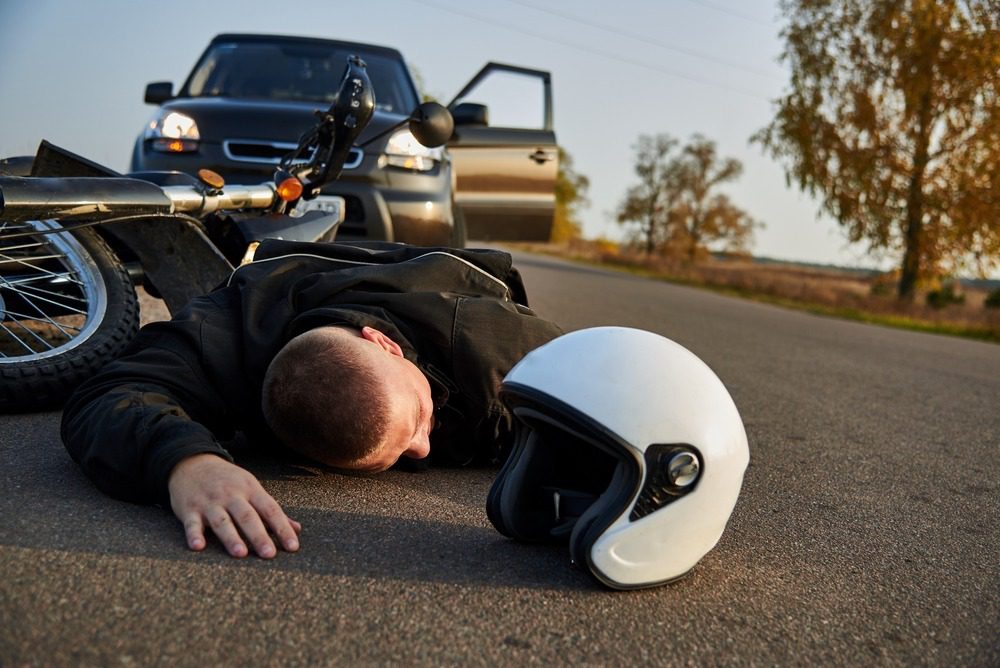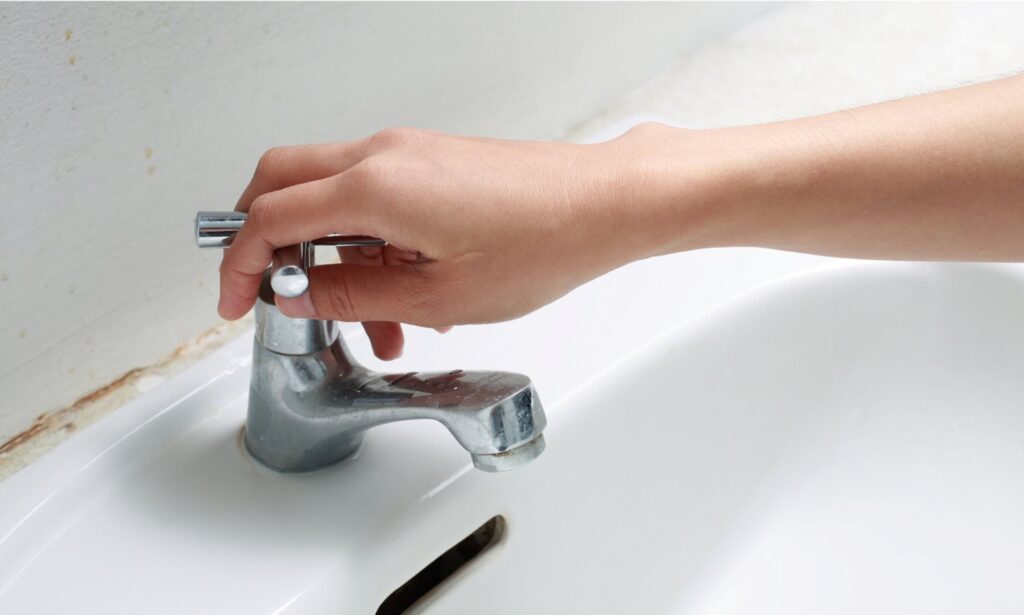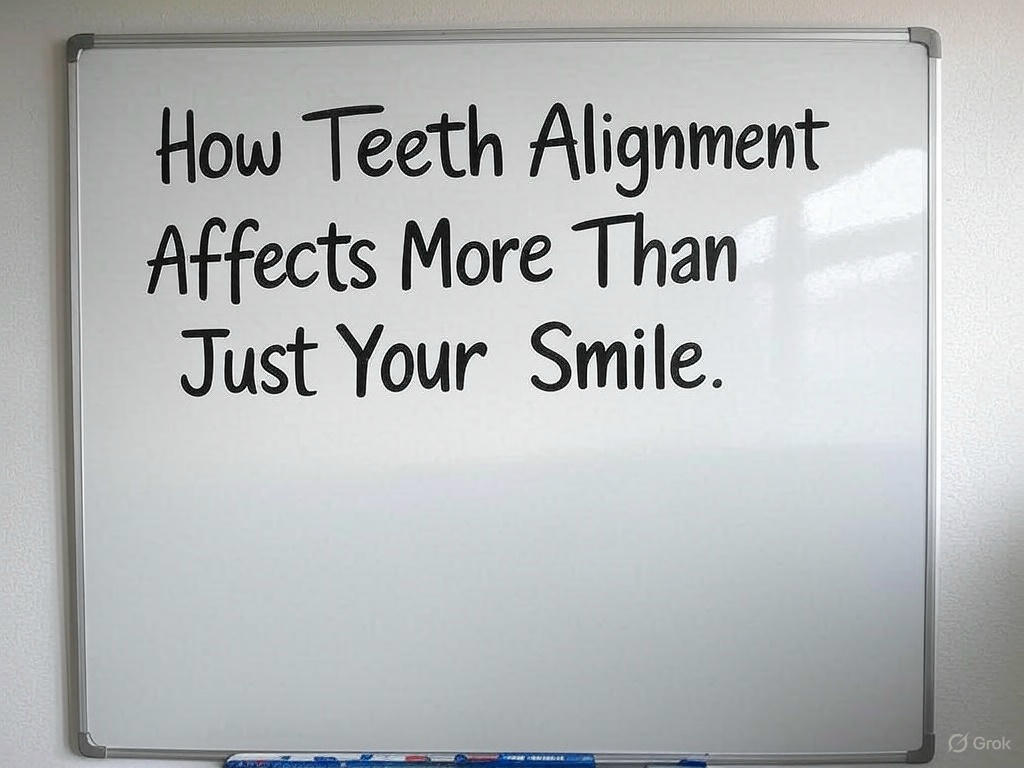Motorcycle gear is essential for rider safety. Helmets, jackets, gloves, and protective pants are designed to reduce the severity of injuries in a crash. But what if you weren’t wearing all—or any—of this gear at the time of your accident? Does that disqualify you from filing a personal injury claim? The short answer is no. In California, you can still pursue compensation for your injuries even if you weren’t fully geared up, although it may affect how your claim is evaluated.
The law recognizes that negligence on the part of another driver can still be the primary cause of a crash, regardless of what the rider was wearing. That said, insurance companies may use your lack of protective gear to argue for reduced liability. Understanding how this works, and how to protect your legal rights, is crucial if you’re seeking compensation after a motorcycle accident.
Helmet Laws and Legal Obligations
California law requires all motorcycle riders and passengers to wear a U.S. Department of Transportation (DOT)-compliant helmet. Not wearing a helmet during a crash can not only result in a traffic citation but can also affect your injury claim—particularly if you sustained a head or facial injury.
If your injuries could have been prevented or reduced by wearing a helmet, the opposing party might argue that you were partially responsible for the severity of your condition. However, even in these cases, you are not barred from filing a claim. The focus then shifts to how much compensation may be reduced, not whether you are eligible to pursue damages at all.
Comparative Negligence in Motorcycle Cases
California follows a comparative negligence rule, which allows an injured person to recover damages even if they are partially at fault. In cases where a rider wasn’t wearing protective gear, the insurance company may claim that the rider contributed to their own injuries by not taking reasonable safety precautions.
For example, if a rider suffered severe road rash while wearing shorts instead of protective pants, an insurer might argue that the damage could have been minimized. However, if another driver caused the accident, that driver can still be held responsible for the crash itself. Your total compensation may be adjusted based on the level of fault attributed to you, but your right to file a claim remains intact.
Filing a Claim Without Full Gear
Not wearing gear doesn’t prevent you from filing a personal injury claim—it simply introduces additional elements that must be addressed. The key to a successful claim is demonstrating that the other party’s negligence caused the accident. This includes showing that they were speeding, distracted, intoxicated, or otherwise acting recklessly at the time of the crash.
Once fault is established, the discussion turns to damages. Medical records, expert testimony, and accident reconstruction can all help support your claim, even if you were missing certain protective gear. Working with experienced legal professionals can help you overcome these challenges and build a compelling case.
How Insurance Companies Respond
Insurance adjusters often try to minimize payouts by focusing on factors that reduce the perceived value of a claim. If you weren’t wearing proper gear, they may argue that your injuries were worse than they needed to be and that the other driver shouldn’t be held fully accountable for your medical costs.
This is a common strategy, but it’s not always fair or accurate. Each accident is unique, and the question should be whether the other driver’s actions caused the crash—not what the rider was wearing. With the support of skilled motorcycle crash lawyers at Jacoby & Meyers Accident & Injury Lawyers, you can push back against these arguments and work toward a full and fair settlement.
The Role of Medical Documentation
Thorough medical documentation is essential in any personal injury claim, but it becomes even more critical when you weren’t wearing gear. Your medical records should link your injuries to the crash and include expert opinions on how those injuries occurred.
Doctors can also provide insight into whether protective gear would have made a significant difference. In some cases, even full gear wouldn’t have prevented the injuries sustained, and expert analysis can be used to counter the insurance company’s blame-shifting strategies.
Compensation You May Still Be Eligible For
Even if you weren’t wearing motorcycle gear, you can still recover compensation for medical expenses, lost wages, pain and suffering, property damage, and more. The extent of your injuries and how they affect your life will weigh heavily in the final settlement.
If you sustained injuries that have long-term consequences—like limited mobility, chronic pain, or disfigurement—those damages are considered regardless of what you were wearing. What matters most is that another party was responsible for causing the crash in the first place.
Common Myths About Motorcycle Accident Claims
Motorcycle accident claims are often surrounded by misconceptions that can discourage victims from seeking the compensation they deserve. It’s important to separate fact from fiction to ensure that riders understand their legal rights and are not misled by common misunderstandings.
| Myth | Fact |
| Not wearing protective gear means you can’t file a claim | This is false. A rider’s right to file a claim is not automatically voided due to a lack of gear. Liability is based on facts, not clothing. |
| Insurance companies will never pay full value | While insurers may try to reduce payouts, they are still bound by legal obligations. Fair compensation is possible through negotiation or legal action. |
| Choosing not to wear gear proves recklessness | Personal gear choices do not determine legal responsibility. Each case is judged based on evidence, not stereotypes. |
| Filing a claim is pointless if the injuries are minor | Minor injuries can still lead to expenses and lasting effects. Victims have the right to seek compensation regardless of initial severity. |
| Motorcycle riders are always assumed to be at fault | Fault is decided through proper investigation. Riders have equal legal protections and are entitled to an unbiased review. |
Let me know if you’d like this in a specific format (like HTML or Markdown), or if you’d like to include it directly into a post or document.
Protecting Your Rights After an Accident
If you’ve been injured in a motorcycle accident and weren’t wearing full protective gear, don’t assume you have no options. The law allows you to seek justice and compensation if another party’s negligence caused your injuries. The best way to protect your rights is to act quickly—seek medical care, document everything, and consult an attorney as soon as possible.
Legal professionals can help you navigate the challenges of comparative negligence and work to minimize its impact on your settlement. With the right support, you can hold the at-fault party accountable and focus on your recovery without unnecessary legal roadblocks.





